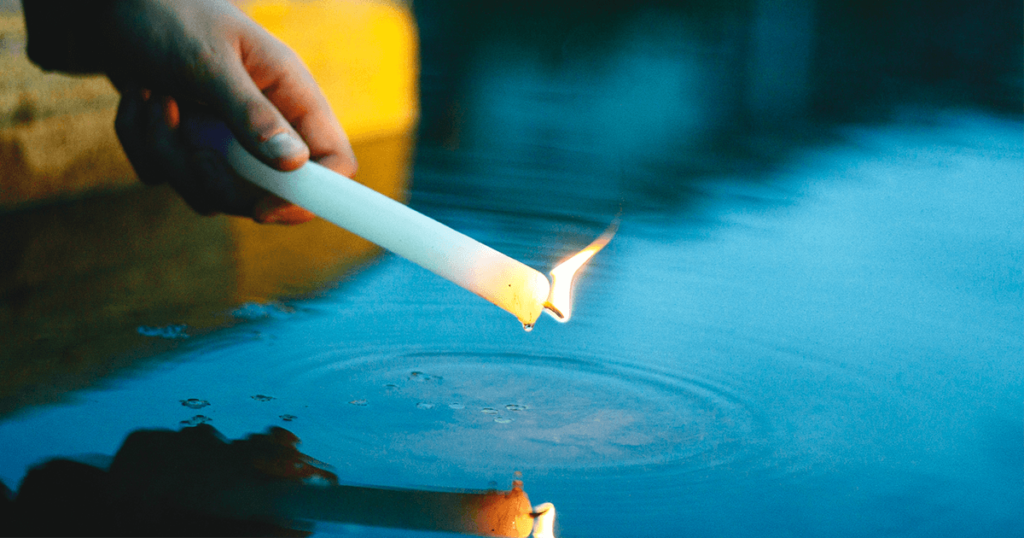
After someone dies, there’s the first day, waiting when you awaken. Following that, more trials: the first week, first month, first Christmas, the deceased’s birthday. They say time is your friend, but you’re not so sure as you arrive at the first summer and then, finally, the first anniversary of the death.
At this first anniversary, the Spanish celebrate the cabo de año, the ceremony that traditionally commemorated the end of the most intense grief and the lifting of some constraints of mourning, such as wearing black and, says a friend of mine recalling his childhood, a year without television in the home. That’s hard to imagine. Nowadays it seems few people wear black even to a funeral, much less make a habit of it for a year or longer, and who lives without a screen? But the cabo de año with a Mass in the church is still much observed. Sometimes, instead of the Mass, a meal is made for people to gather and remember the dead.
People who love you want to be present. Someone sick, someone old, someone perpetually grouchy with aches and pains, someone to put up with—if the deceased was any of these, then family and friends can sigh and laugh and remember without undue pain.
This is not so if, as for you, the person who died was young and much loved. Friends and relatives will hover, touch your arm, hug you, shake their heads meaningfully. They’ll catch your eye and let their eyes widen in sympathy, and of course they mean well and they mean what they say—How are you? and You’re so strong, and If there’s anything …? The same things said a year ago, the same answers. Time, it turns out, does not comfort you.
The Spanish saying El muerto al hoyo y el vivo al bollo, which means literally the dead into the hole and the living to the bread, recognizes that though a death can cause great sorrow and disruption, in the end, the living must attend to their needs, the basic one being food. I’ve heard it said in wry recognition that life does indeed go on. It can also be said in censure of someone who too rapidly gets on with the business of living, as if having forgotten the deceased. It would not be said to commiserate with the grieving, though someone might silently urge, Come come, we must move on.
You used to travel through your life, advancing, achieving, accumulating experiences, some good, some bad. Life was an adventure. The end was unknown. I’m sure it’s different now. That incomprehensible fact of death, like a snake emerging from an egg, uncoiling, stretching and growing, is a new existence, silently beside you, accompanying you always, widening as if to occupy all roads and fill the whole landscape.
By the end of a year, this terrible strange commonplace occurrence, this event you couldn’t believe, is more real than the person it has swallowed. You begin to believe that the snake will subsist forever on this one person, forever feeding off him. Your eye is on the snake when someone approaches, a plate in hand, an offering. You look up. “Bread?” you ask. It could be cake, it could be manna, and still you’d shake your head. Your appetite is gone.

